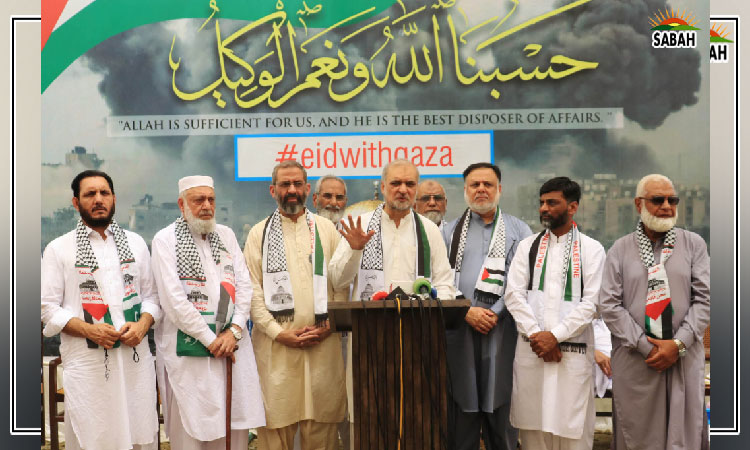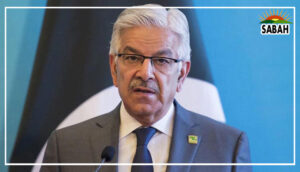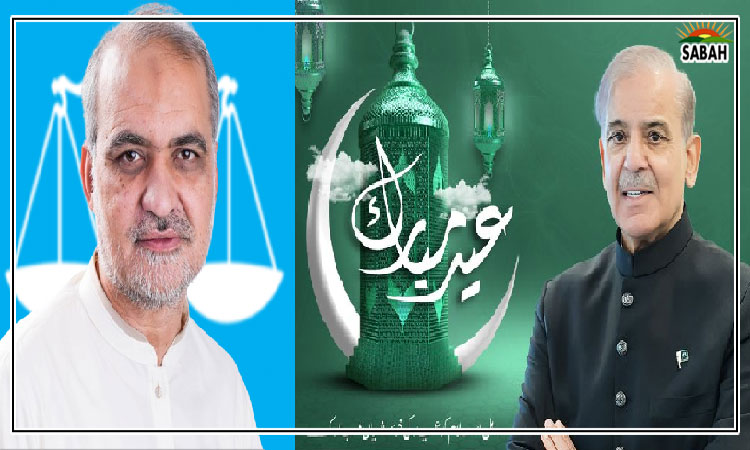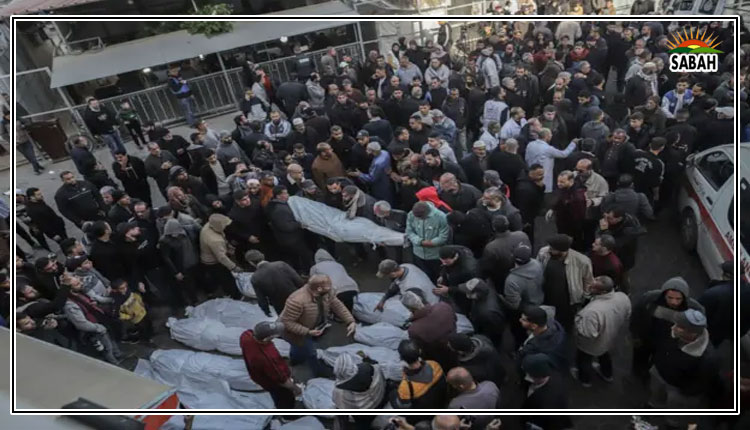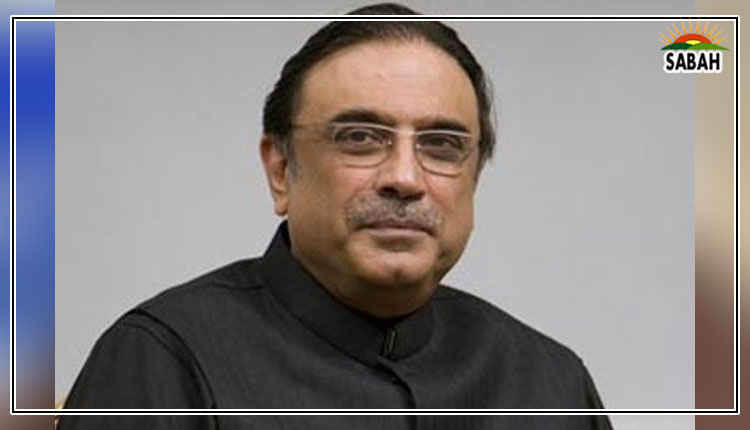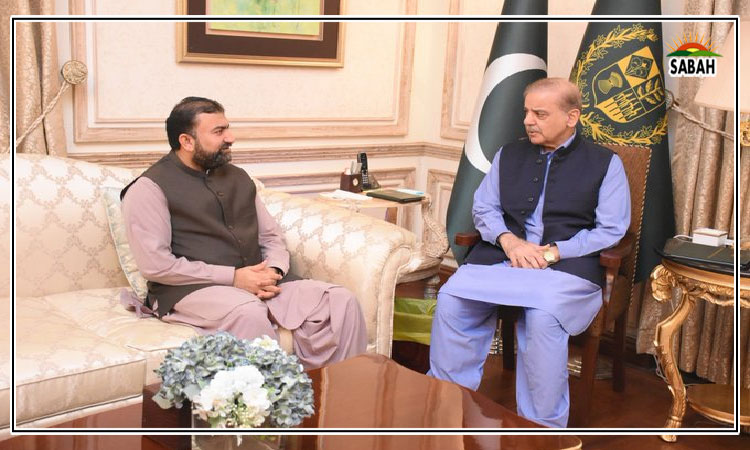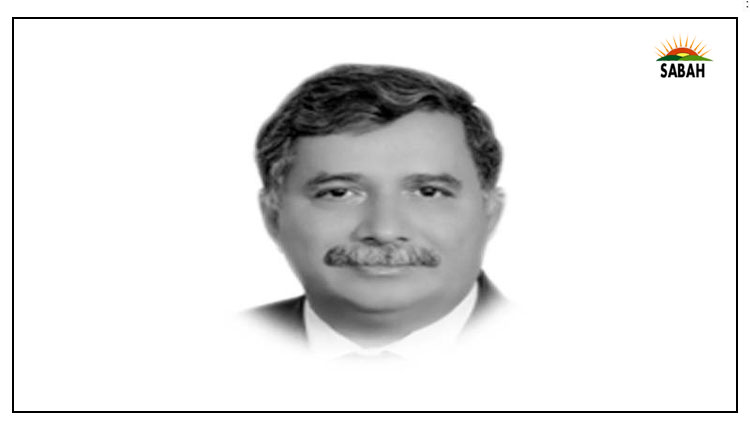Political freedoms under fetter ۔۔۔۔ Dr Syed Akhtar Ali Shah
Never in my lifetime have I witnessed political freedoms so severely curtailed and restricted as they are today. The arbitrary restrictions on citizens’ movements and the oppressive clampdown on political activities, targeting specific groups, are in direct violation of the spirit of the Islamic Republic of Pakistan’s Constitution and democratic principles.
Even during the martial law days, we did not experience such stringent measures. In my youth, public gatherings were a common occurrence in Chowkyadgar, Jinnah Park, Soekarno Chowk (Peshawar), Liaqat Bagh, Moti Bazar (Rawalpindi), Mochi Gate, Minar-e-Pakistan (Lahore), Qasim Bagh (Multan) and Bagh-e-Jinnah (Karachi).
It is crucial to note that the Constitution explicitly states that any law inconsistent with or in derogation of fundamental rights is void. Furthermore, any law, custom, or usage that conflicts with the rights conferred by the fundamental rights chapter is deemed invalid to the extent of such inconsistency.
Moreover, the State is prohibited from enacting any law that diminishes or abrogates these rights. Any law made in contravention of this clause is null and void.
The Constitution places a strict embargo on the suspension of fundamental rights except as expressly provided by the Constitution itself.
Focusing on fundamental rights, the Constitution guarantees every citizen the right to remain in, enter, and move freely throughout Pakistan, subject to reasonable restrictions imposed by law in the public interest. It also ensures the right to freedom of speech and expression, including freedom of the press, subject to reasonable restrictions in the interest of Islam, national security, foreign relations, public order, decency, morality or contempt of court.
Article 25 of the Constitution further stipulates that all citizens are equal before the law and are entitled to equal protection of the law.
From the perspective of the 1973 Constitution of the Islamic Republic of Pakistan and the development of legal theories, the term “fundamental” as defined by Bouvier’s Law Dictionary refers to “those laws which are the foundation of society. Those laws by which the exercise of power is restrained and regulated are fundamental.”
These rights are so intrinsic that they cannot be taken away by any legislation, rules, notifications, guidelines, customs, or usages and directives. Governments are obligated to protect these freedoms. To ensure a government of laws, not men, it is necessary to limit the powers of government and safeguard private rights.
Political institutions and social structures are grounded in the theory that all individuals possess certain unalienable, fundamental and inherent rights to life, liberty and the pursuit of happiness. When these “unalienable” rights are protected by constitutional guarantees, they are called “fundamental rights” because they are placed beyond the reach of any state organ.
The intent and purpose of declaring fundamental rights is to ensure their inviolability under all circumstances. That’s why Article 8 of the Constitution categorically states that any law, custom or usage that conflicts with fundamental rights is void.
In light of the constitutional provisions and legal theories discussed above, it is evident that fundamental rights are the most significant casualty of the government’s actions through various legislation, constitutional amendments and directives.
Historical events also demonstrate that citizens and political groups facing similar circumstances are not treated equally, leading to discrimination.
The government’s discriminatory behaviour is exemplified by its treatment of Jamaat-e-Islami and Tehrik-e-Labaik Pakistan. The two groups were allowed to stage rallies and sit-ins in the capital city and subsequently had their demands met through agreements. Moreover, one of these groups, Tehrik-e-Labaik, was not only allowed to conduct a protest march to Islamabad but was also provided security during its journey to Faizabad in 2017. Not only did the government accept the demands put forward by the two groups, but also failed to pursue criminal cases against them. Such discrimination is clearly unlawful.
Fundamental rights are indispensable for a functioning democracy. Therefore, the government must refrain from acting in derogation of these rights. The government must recognise that if it infringes upon the rights of others today, it may face the same consequences tomorrow.
All said and done, the dilemma being faced by us is not the lack of resources but weak institutions – resulting not in political order but decay. We can build a better future by strengthening institutions, such as the Supreme Court, the guardian of the Constitution and the protector of the fundamental rights. The message is pretty evident: do not destroy the institutions.
Courtesy Express Tribune


